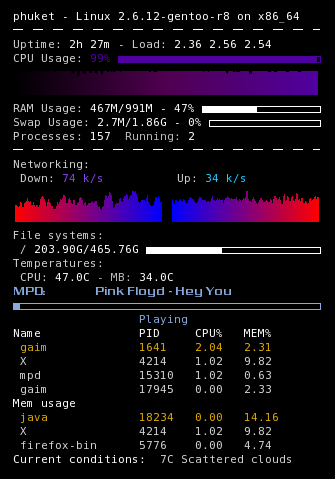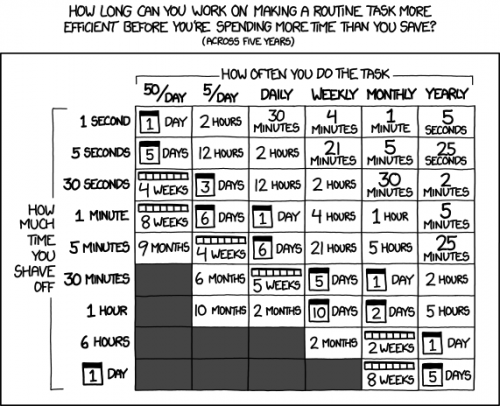Paul M. Jones announces the availability of PHP Package Development Standards for review:
This initiative researches the PHP package ecosystem to recognize commonly adopted development practices. It rationalizes and refines those practices, then publishes them as PDS packages for reference by PHP package authors.
PDS publications are derived from and supported by common practices existing in real packages, as adopted by existing authors who have a continuing interest in the quality and consistency of their own work.
Have a look at php-pds/skeleton GitHub repository.
Personally, I welcome this initiative. PHP ecosystem exploded in the recent years with the help of composer and Packagist.org. There are over 120,000 packages just on the Packagist.org. I think, it’s good to have some standards and best practices. The PHP Framework Interop Group (PHP-FIG) is doing its best with the PHP Standards Recommendations (PSRs). But we could have some more guidelines in order to have some consistency.
PHP Package Development Standards takes, in my opinion, the right way of looking at what’s out there, what works and what doesn’t, and than setting the guidelines based on the real world practices. They cover things like file and directory naming conventions, versioning, changelog and licensing – which are common issues for pretty much every package.
Looking at the packages that I am involved with, only a few minor changes are necessary to comply. Mostly, the “config” folder instead of the Unix-style “etc“, CONTRIBUTING file, and a CHANGELOG file, which I’m still to find a good way to semi-automate.


